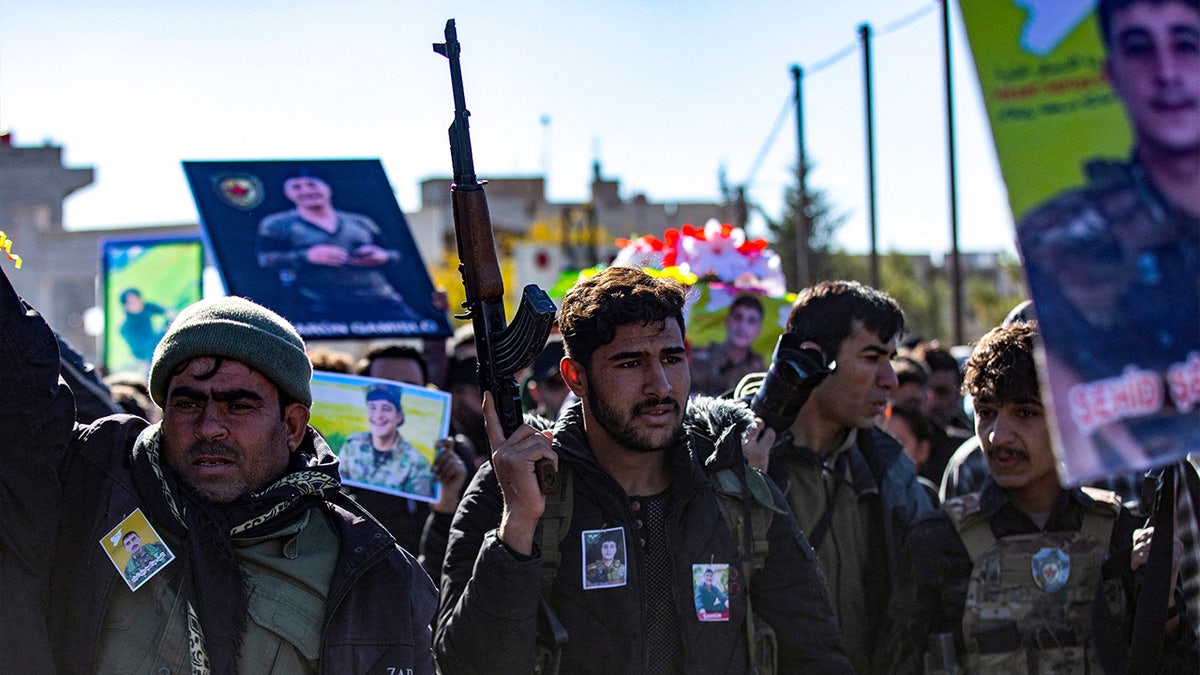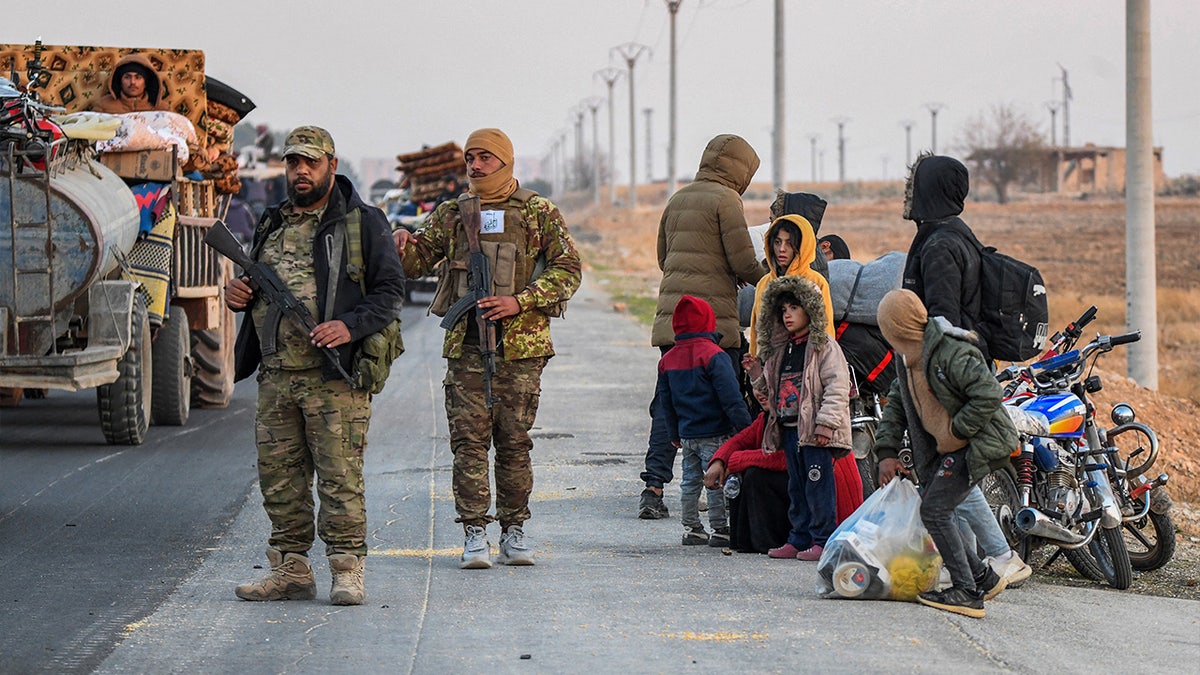Following the recent collapse of the Assad regime in Syria, Turkey's influence in the region has significantly increased, raising concerns among Western security experts. Former President Trump described the regime change as an "unfriendly takeover" orchestrated by Turkey, acknowledging Turkey's strategic prowess while condemning Assad's brutal actions.
The swift takeover by Hay’at Tahrir al-Sham (HTS), an al Qaeda-derived organization backed by the Turkey-supported Syrian National Army (SNA), has left the future of Syria uncertain. While the nearly 14-year civil war has ended, the threat to the U.S.-backed Kurdish-led Syrian Democratic Forces (SDF) persists.

Turkey views the SDF as an adversary due to its perceived affiliation with the Kurdistan Workers’ Party (PKK). This has led to clashes between the SNA and the Kurdish-led forces, despite the SDF's crucial role in assisting the U.S. in its fight against ISIS.

Experts worry about the potential for Turkey to exert excessive influence in Syria. David Adesnik, vice president for research at the Foundation for Defense of Democracies, emphasized the need for the U.S. to closely monitor Turkish President Erdogan's actions to ensure Syria's stability and freedom.

A recent U.S.-brokered cease-fire agreement between the SDF and SNA over the city of Manbij reportedly collapsed, with the SNA amassing forces near Kobani, signaling potential renewed conflict. The SDF blamed Turkey's refusal to accept key terms for the failure of the cease-fire negotiations.
Charles Lister, director of the Syria and countering terrorism and extremism programs at the Middle East Institute, highlighted the increased freedom of action for Turkey and its SNA proxies after Assad's fall. The complex relationship between the U.S.-backed SDF and the Turkey-backed SNA, given the U.S. and Turkey's NATO alliance, presents a diplomatic challenge.

Lister noted the SDF's increasingly isolated position and the limitations placed on U.S. options due to Turkey's NATO membership. He suggested the SDF would need to be adaptable and rely on U.S. diplomacy with Turkey to navigate the current challenges.
Comments(0)
Top Comments